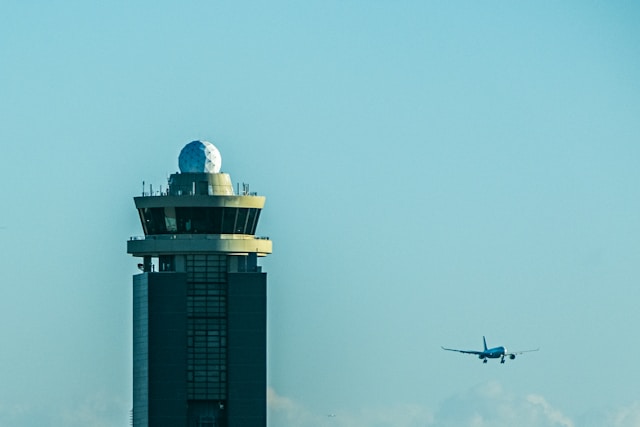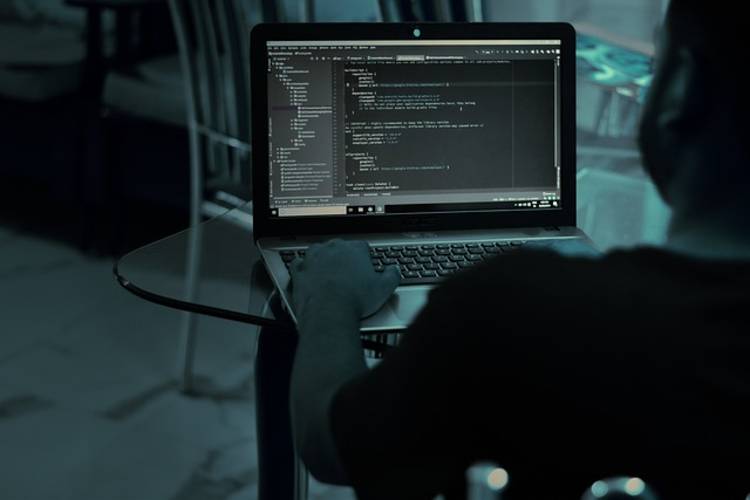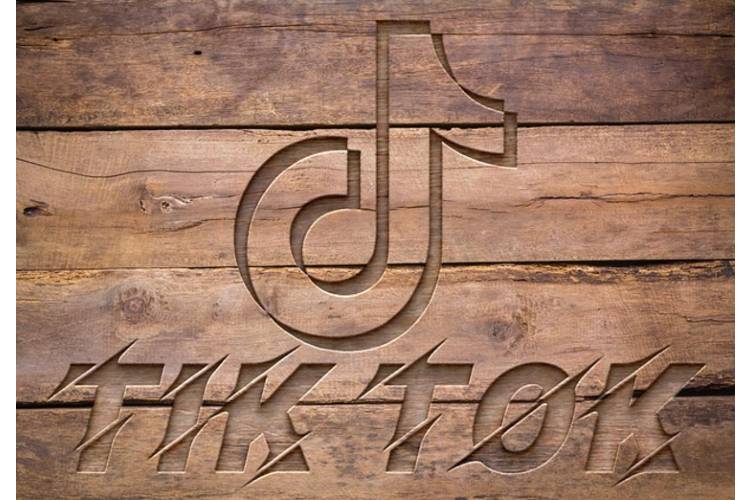


Elon Musk, the billionaire entrepreneur and CEO of SpaceX has once again stirred controversy with his recent claims about the safety of current air traffic control technology. On Thursday, Musk announced on his social media platform, X, that he is sending Starlink satellite internet terminals to the Federal Aviation Administration (FAA). He argued, without providing evidence, that existing technology poses a risk to air travel safety. This move comes amid ongoing discussions about modernizing the U.S. air traffic control system, a long-standing issue for the aviation industry.
The FAA regulates SpaceX and has been testing Starlink technology in Atlantic City, New Jersey, and Alaska. The agency stated earlier this week that it has been considering using Starlink since the previous administration to enhance reliability at remote sites, particularly in Alaska. The FAA is testing one terminal at its Atlantic City facility and two terminals at non-safety-critical sites in Alaska. This testing phase suggests that the FAA is exploring the potential of Starlink’s satellite internet to improve communication and operational efficiency in air traffic control.
However, the FAA has not yet commented on Musk’s recent claims about the risks posed by current technology. The White House has also deferred comments to the FAA, indicating that the administration is taking a cautious approach to Musk’s assertions.
Musk’s comments come amid reports that the FAA is close to canceling a contract with Verizon for new communication technology for air traffic control and may award it to Starlink instead. Musk claimed on X that the current Verizon communication system for air traffic control is “breaking down very rapidly.” However, Verizon clarified that L3Harris operates the FAA’s current systems, not Verizon. Musk later corrected his statement, attributing the issues to L3Harris.
Verizon emphasized that it is working on replacing older air traffic control technology as part of a multi-year contract with the FAA. The company stated that its next-generation system is ready for deployment and continues to collaborate with the FAA to achieve its modernization goals.
Musk’s dual role as CEO of SpaceX and his close ties to the Trump administration have raised concerns among some Democratic lawmakers. Senator Ed Markey (D-Mass.) expressed worries about potential conflicts of interest, given Musk’s influential position in both the private and government sectors. Markey wrote to the FAA’s acting head, Chris Rocheleau, urging transparency in the decision-making process regarding air traffic control modernization.
Additionally, Senator Tammy Duckworth (D-Ill.) raised alarms about the Trump administration’s recent layoffs of hundreds of FAA employees, questioning the impact on safety and operations. The FAA has assured that it has retained staff performing safety-critical functions but has not provided further details on the layoffs or their implications.
The aviation industry has long advocated for the modernization of air traffic control systems. Airlines have complained that outdated technology has led to flight delays, costing both passengers and carriers. The demand for air travel has surged post-pandemic, putting additional pressure on the existing infrastructure.
Airlines for America, representing major U.S. carriers, emphasized the need for the government to invest in modernization efforts. The group highlighted the significant investments made by carriers in technology, operations, and personnel and urged the government to follow suit in an organized and timely manner.
Musk’s comments on air safety failures come in the wake of a tragic collision last month between an American Airlines regional jet and an Army Black Hawk helicopter, which resulted in the deaths of all 67 people on board. This incident marked the first fatal passenger airline crash in the U.S. since 2009 and the deadliest since 2001, ending an unprecedented period of air travel safety in the country.
In response to these challenges, more than a dozen aviation industry groups and labor unions recently urged lawmakers to approve emergency funding for air traffic control modernization and staffing. The call for action underscores the urgent need to address the vulnerabilities in the current system.
Elon Musk’s push for Starlink’s involvement in air traffic control modernization has sparked a complex debate involving technological innovation, safety concerns, and political ethics. While the FAA’s testing of Starlink technology indicates a willingness to explore new solutions, the lack of evidence supporting Musk’s claims about current technology’s risks raises questions about the motivations behind his advocacy.
As the aviation industry continues to push for modernization, the FAA faces the challenge of balancing innovation with safety and transparency. The outcome of this debate will have significant implications for the future of air travel in the United States, affecting millions of passengers and the broader aviation ecosystem.

Introduction to Deepseek Coder: A Game-Changer in...
November 03, 2024

The Rise of TikTok: A Brief HistoryTikTok's journe...
November 03, 2024

Introduction to the World Health Organization (WHO...
November 03, 2024

The price of eggs in the United States has reached...
February 27, 2025
Click to read more ...
Best Dream Car requests your location to offer personalized results and improve your experience.
Would you like to allow location access?